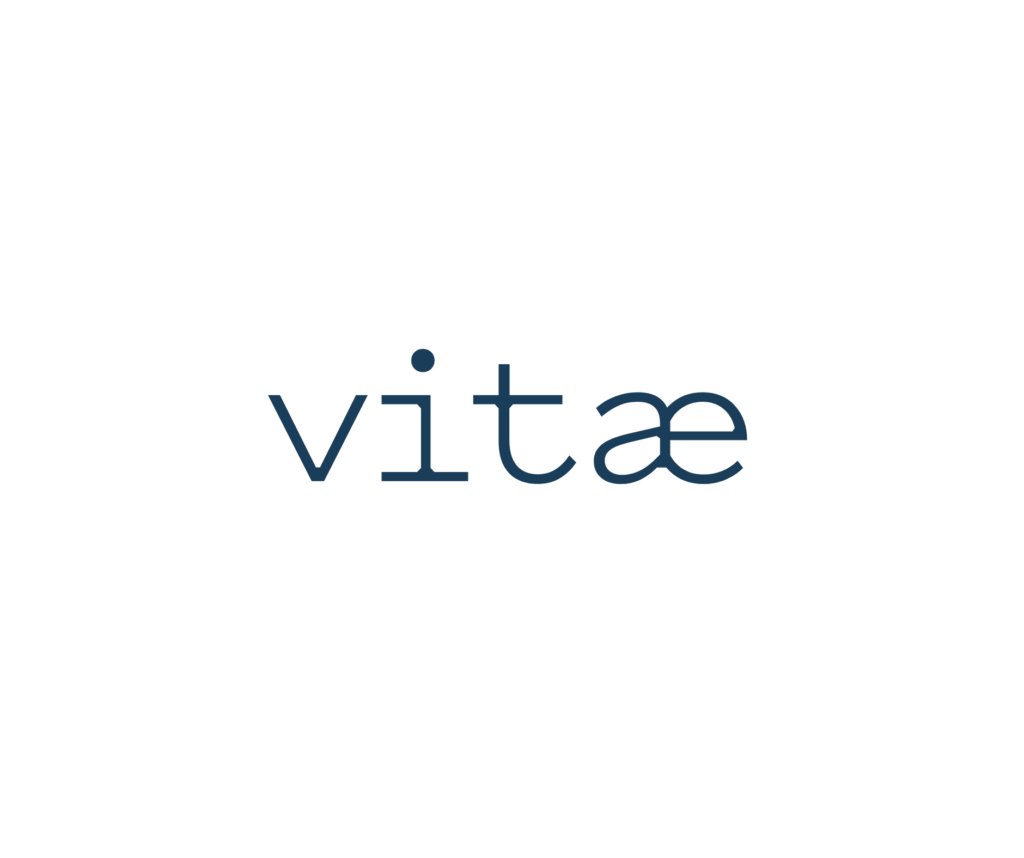StartIn: You have won numerous prizes with Vitæ so far, congrats! Please give us a
three-sentence overview of your start-up.
Arthur: Vitæ creates high-tech indoor gardens that enable anyone to grow organic food
directly from their kitchen effortlessly.
We aim to reinvent urban agriculture by creating more sustainable and innovative
farming practices, in order to reduce the farm-to-table impact and improve the
quality of our meals.

StartIn: Where, when, and what did you study?
Arthur: I studied international business with a focus on finance & entrepreneurship at King’s
College London. I graduated in July 2022.
StartIn: You were a student and wanted to start a business. What were your first steps to
start your own company or generally, where do you start?
Arthur: The first thing we focused on was the problem. We conducted interviews to better
understand who was struggling with what and whether they were willing to pay to
solve this issue.
Arthur: Once a clear problem was identified, we started to develop our solution and iterated
it with customer feedback & interviews that helped us consolidate our value
proposition.
The business part of the venture came shortly afterwards, as no business can
survive without strong revenue sources and a clear road-to-market strategy.
Thankfully, there is an immense library of resources available online that were really
helpful to us and that enabled us to define strong marketing & sales strategies.
StartIn: How did you come up with ideas?
Arthur: My co-founder Isaac and I met at an impact-driven hackathon. We both wanted to
create something that had an impact, and even though we both worked in NGOs
before, it was important for us to create something that remained financially
competitive without having to sacrifice positive socio-environmental outcomes.
We researched what were the most polluting industries (which would thereby be the
biggest opportunities) and found out that agriculture was the 2nd most polluting
industry and the most water-consuming. We realised that 48% of the food we eat in
the UK was imported, which resulted in a drastic loss of taste and a strong lack of
transparency, thereby destroying both our environment and gastronomy.
After an initial phase of research, we found out about the emerging hydroponics
technology, which by growing plants vertically in controlled ecosystems, would allow
us to use 90% less water, having a 10x larger harvesting yield, whilst being 100%
GMOs & pesticides free.
From there, we talked with hundreds of people and built several prototypes that we
iterated on with the feedback of our testers.
StartIn: How did you evaluate the ideas that came to your mind?
Arthur: I assess ideas by weighing their outcome. What would be the consequence of
implementing this idea for the customer? If we decide to go on with this, does it
prevent us from doing anything else that could bring more value to our audience?
Some ideas require a lot of effort for not so much outcome, so I try to always remind
myself of the bigger picture and then decide whether or not this helps the venture
grow towards it.

StartIn: What role played other students, incubators, universities – so other people or
institutions in coming up with your idea about Vitæ? You spend lots of time
with Enactus for instance.
Arthur: Students: During our first year and a half, we worked with several students from
different King’s College London faculties. They helped us ideate and design our
solution and played a crucial role in our development by providing us with key
insights on our market and potential customer behaviour.
University: King’s College London was a great place to start our entrepreneurial
journey as it enabled us to connect with a strong entrepreneurial ecosystem of
resources, volunteers, societies and mentors.
Incubators: Vitæ was incubated at the King’s20 startup incubator in London
(Cohort VI), and then at Startupbootcamp in Amsterdam (Sustainability program
2022). Both entities have done an amazing job of teaching us the basics of
entrepreneurship, advising us on our strategies and connecting us with key mentors,
coaches and investors. We definitely wouldn’t be where we are without them!
StartIn: When you hear about ideas from other start-ups, what makes you think: Yes this
can work, sounds like a cool idea?
Arthur: The first thing I would think about is whether or not the solution offered is solving an
existing problem. Is there actually an issue there? Are there any existing alternatives
that solve the problem better/cheaper? Some ventures offer solutions that are
non-essential (vitamins vs painkillers) but that still face a lot of customer demand, so
as long as some people are willing to pay for it, I believe the idea is worth exploring.
The second thing I look into is the feasibility of the product’s adoption. Some
startups offer solutions that are too hard to implement for customers.
Unfortunately, changing users’ behaviour takes time and not everyone is willing to
change the way they do things. The ability to bridge the gap between ideation and
implementation is thereby a key criterion to look into.
The last thing I look at is whether the venture is changing the world. Are they
improving the way we live? Do they have a positive impact on the environment? Do
they have any positive outcomes regarding diversity, inclusion, empowerment or
employment? I firmly believe that innovation plays a crucial role in improving health
& well-being, reducing inequalities and protecting our biodiversity. I think that new
founders are more than aware of the current socio-environmental challenges, and I
like to see that some of them are placing impact at the heart of their businesses.
StartIn: Many thanks for your time and for sharing your insights!
